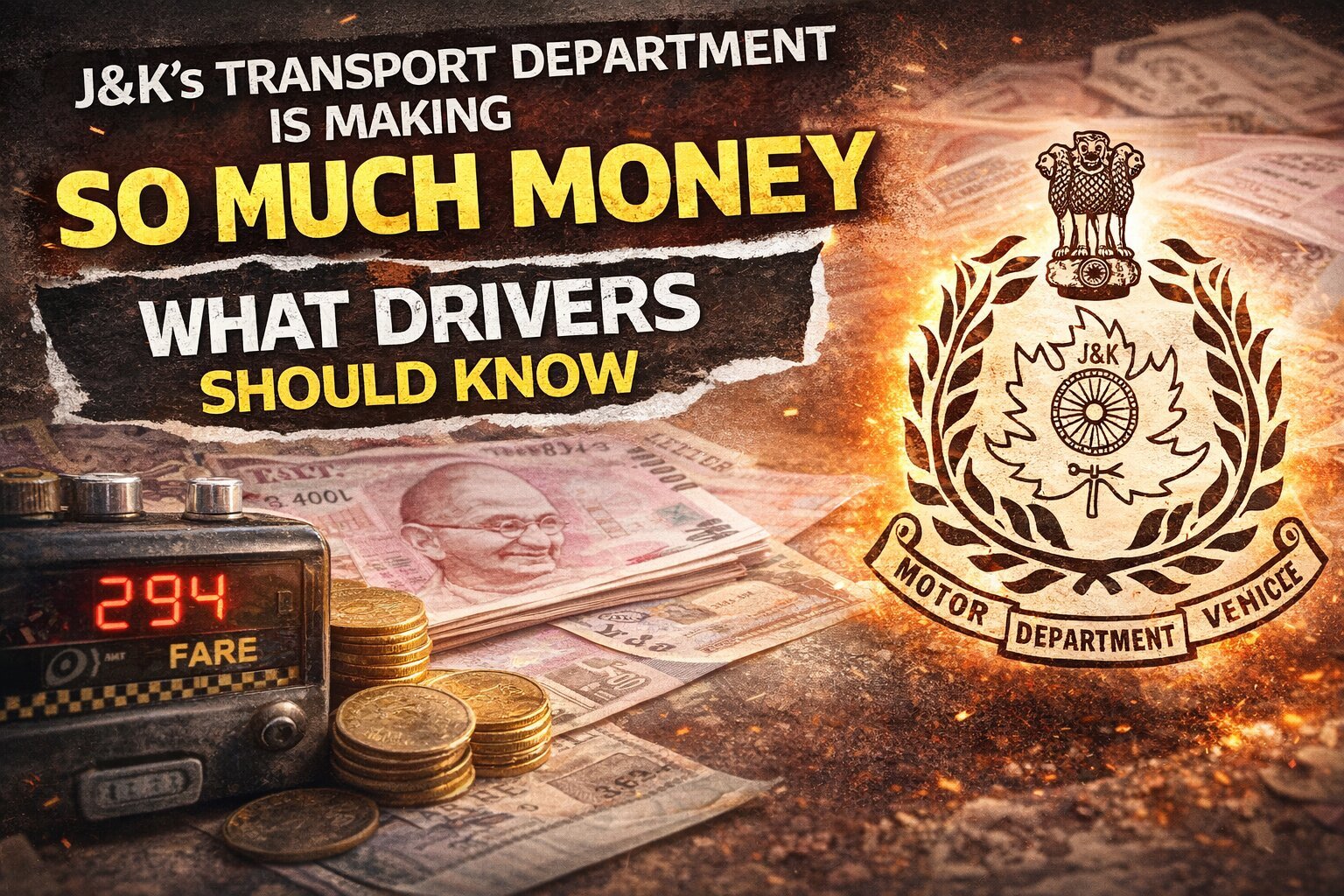In a bold and controversial move, the Jammu and Kashmir Government has banned 25 books, including popular titles by renowned authors like Arundhati Roy and AG Noorani. These books were declared “forfeited” for allegedly inciting secessionism, glorifying terrorism, and promoting anti-national sentiments among youth.
According to an official notification issued by the Home Department of Jammu and Kashmir, these publications are said to pose a threat to India’s sovereignty and integrity.
Why Were These Books Banned?
The Government’s order, issued under Section 98 of the Bharatiya Nyaya Sanhita 2023, outlines the legal framework for the forfeiture. It states that the literature in question contributes to:
- Radicalization of youth
- Vilification of Indian security forces
- Glorification of terrorists
- Spread of false historical narratives
- Incitement to violence and anti-state activities
The ban comes after intelligence reports and investigations revealed that the systematic circulation of these books had deep psychological impacts on the youth, allegedly encouraging a sense of victimhood, grievance culture, and terrorist heroism.
Titles in the List of Banned Books
Here is the list of 25 books forfeited by the Jammu and Kashmir Government:
| S. No. | Book Title | Author(s)/Editor(s) |
|---|---|---|
| 1 | Azadi | Arundhati Roy |
| 2 | Kashmir: The Case for Freedom | Tariq Ali, Hillal Bhatt, Angana P. Chatterji, Pankaj Mishra, Arundhati Roy |
| 3 | The Kashmir Dispute 1947–2012 | A.G. Noorani |
| 4 | A Dismantled State (The Untold Story of Kashmir After Article 370) | Anuradha Bhasin |
| 5 | Human Rights Violations in Kashmir | Plotr Balcerowicz, Agnieszka Kuszewska |
| 6 | Kashmir’s Fight for Freedom | Mohd Yosuf Saraf |
| 7 | Colonizing Kashmir: State-Building under Indian Occupation | Hafsa Kanjwal |
| 8 | Kashmir Politics and Plebiscite | Dr. Abdul Jabbar Gockhami |
| 9 | Do You Remember Kunan Poshpora | Essar Batool & Others |
| 10 | Mujahid Ki Azaan | Imam Hasan Al-Bana Shaheed (Ed. Maulana Mohammad Enayatullah Subhani) |
| 11 | Ali Jihadul Fil Islam | Moulana Moududi |
| 12 | Independent Kashmir | Christopher Snedden |
| 13 | Resisting Occupation in Kashmir | Haley Duschinski, Mona Bhat, Ather Zia, Cynthia Mahmood |
| 14 | Between Democracy and Nation: Gender and Militarization in Kashmir | Seema Kazi |
| 15 | Contested Lands | Sumantra Bose |
| 16 | In Search of a Future (The Story of Kashmir) | David Devadas |
| 17 | Kashmir in Conflict (India, Pakistan and the Unending War) | Victoria Schofield |
| 18 | Kashmir at the Crossroads (Inside a 21st Century Conflict) | Sumantra Bose |
| 19 | Resisting Disappearance: Military Occupation & Women’s Activism in Kashmir | Ather Zia |
| 20 | Confronting Terrorism | Stephen P. Cohen (Ed. Maroof Raza) |
| 21 | Freedom Captivity (Negotiations of Belonging Along Kashmiri Frontier) | Radhika Gupta |
| 22 | USA and Kashmir | Dr. Shamshad Shan |
| 23 | Law & Conflict Resolution in Kashmir | Plotr Balcerowicz, Agnieszka Kuszewska |
| 24 | Tarikh-i-Siyasat Kashmir | Dr. Afaq |
| 25 | Kashmir & the Future of South Asia | Edited by Sugata Bose & Ayesha Jalal |
These works, according to the authorities, blur the line between historical commentary and secessionist propaganda, allegedly misleading the youth by twisting facts and romanticizing violence.
What the Government Order States
The notification issued by Principal Secretary Chandraker Bharti specifies that the identified books fall under the offensive provisions of Sections 152, 196, and 197 of the Bharatiya Nyaya Sanhita 2023.
It asserts that:
“Certain literature systematically promotes false narratives and secessionist ideologies in Jammu and Kashmir. Evidence indicates a direct link between these materials and increasing youth involvement in terrorism.”
The order emphasizes that such content “misguides the youth while disguising itself as historical or political discourse.”
Read also: Bans Sale of Vehicle Modification Accessories In Jammu — Dealers Panic Over New Order!
Experts React to the Ban
The move has sparked mixed reactions:
- Supporters of the ban argue it’s a necessary step to curb growing radicalization and safeguard national integrity.
- Critics claim it stifles freedom of speech and academic freedom, warning of censorship of dissenting voices.
While the government maintains the action is based on credible intelligence, several human rights advocates have called for a transparent review of the criteria used to label these books as dangerous.
Implications for Publishers and Readers
The order mandates that all copies and reproductions of the 25 books be forfeited to the Government. This includes:
- Printed editions
- Digital versions
- Translations and commentaries
The action also serves as a warning to publishers and academic institutions to vet content more rigorously before distribution in sensitive regions like Jammu and Kashmir.
What Comes Next?
This ban sets a precedent and opens up a broader discussion about:
- The balance between national security and freedom of expression
- The role of literature in influencing public opinion
- The responsibility of authors, scholars, and publishers in conflict-ridden zones
As the debate intensifies, public attention is now focused on how the government will enforce this ban, and whether similar steps will follow in other states or categories of media.
The banning of 25 books by the Jammu and Kashmir Government marks a significant step in the region’s complex socio-political landscape. Whether viewed as a protective measure or a suppression of intellectual freedom, this development has undeniably reignited the national debate over censorship, youth radicalization, and the limits of free speech in a democracy.
















